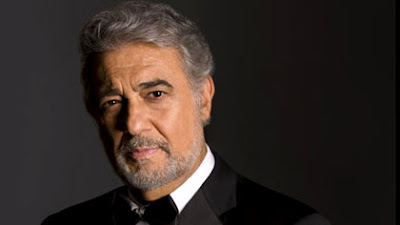
Over this last week-end the Labour Party at its conference in Manchester elected its new leader. They chose Ed Miliband over his elder and more experienced brother David by just 1.5% after the four rounds of voting. The elder Miliband always looked to me like Mr Bean. The younger one looks more like Wallace from the plasticine characters Wallace & Gromit. But they are an odd couple. Here are two brothers who express undying love for each other yet they have fought each other for leadership of the party. It's not that there is some great policy divide between them. They say the same things via vague, ambiguous platitudes and cliches. It was always obvious that if David had won it would not have been too catastrophic for Ed but the other way around, the more experienced Milliband was doomed. So why does any brother want to junk his elder sibling's career. Usually, it is because he doesn't like him much. "But I love my brother very much. He is something special to me." You can feel the hypocrisy and insincerity dripping off the words. Like his lack of marriage and name on his child's birth certificate, everything comes after his job. Does the Labour Party seriously think that this out-of-touch geek will ever be Prime Minister? If so, they are even more deeply lost in Space than I thought.
During this latest, incredible party conference I was struck by the fact that to many of the apparatchiks that sit on front benches nowadays politics is an end in itself, not a means to an end. But look at the three party leaders. They are all the same. They went to school - at least the Millibands went to state comprehensives - then they went to Oxford or Cambridge universities, went to Harvard for a bit, then became party officers, engineered into safe parliamentary seats.
The Labour Party now has to construct a shadow cabinet from the biggest pile of well-educated dead wood that I have ever seen. Roy Hattersley writes about the wealth of talent in the party and Neil Kinnock is over-excited. Why? Where? Who? I can see no Aneurin Bevan, no Ernie Bevin, no Clement Attlee, no Jim Callaghan, no Roy Jenkins, no Dennis Healey. And where are the great thinkers like Michael Foot, Anthony Crosland, Richard Crossman, Tony Benn. We may not have agreed with some of these but they stood for something and most [all?] of them had done proper jobs and/or fought in wars.Perhaps the fundamental cause of the problems is the abolition of the grammar schools. David Cameron is an Old Etonian - the first to be Prime Minister since Sir Alec Douglas Home. All those in between went to grammar or secondary schools and came from ordinary families. I wanted Ken Clarke [also a grammar school boy] to have lead the Tory Party because above everyone in the party now, he had experience. It matters to know how the system works, who does what and how. I was unimpressed with David Cameron at the start but so far he has done well as Prime Minister. In spite of his background and my continuing doubts about the lack of experience, at least he comes across as human.
We will have to see what happens but in all parties much needs to be done to re-introduce real people and to connect themselves with the electorate.
/














